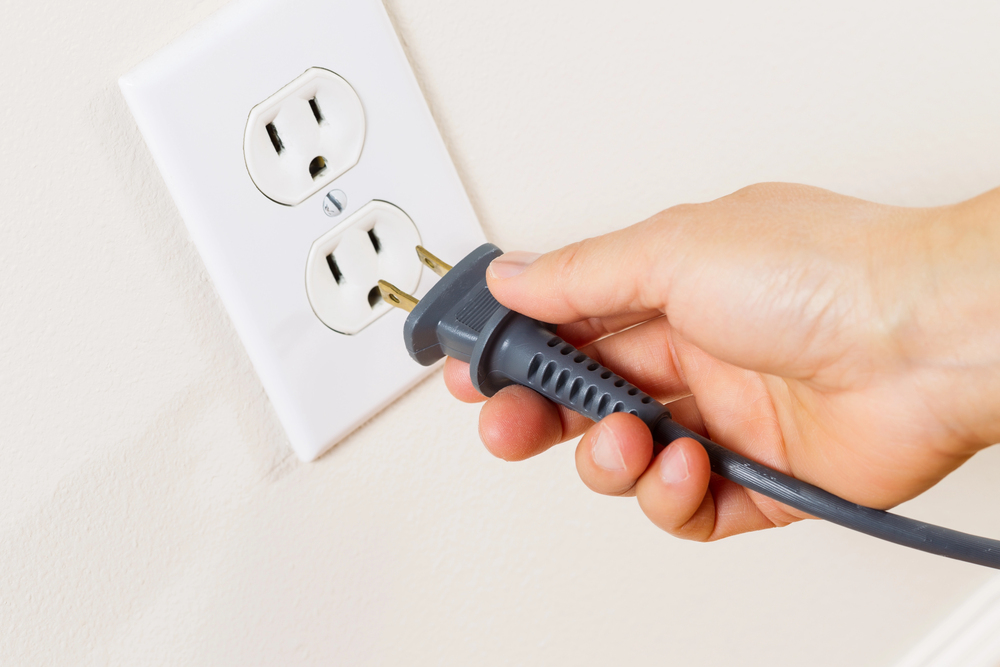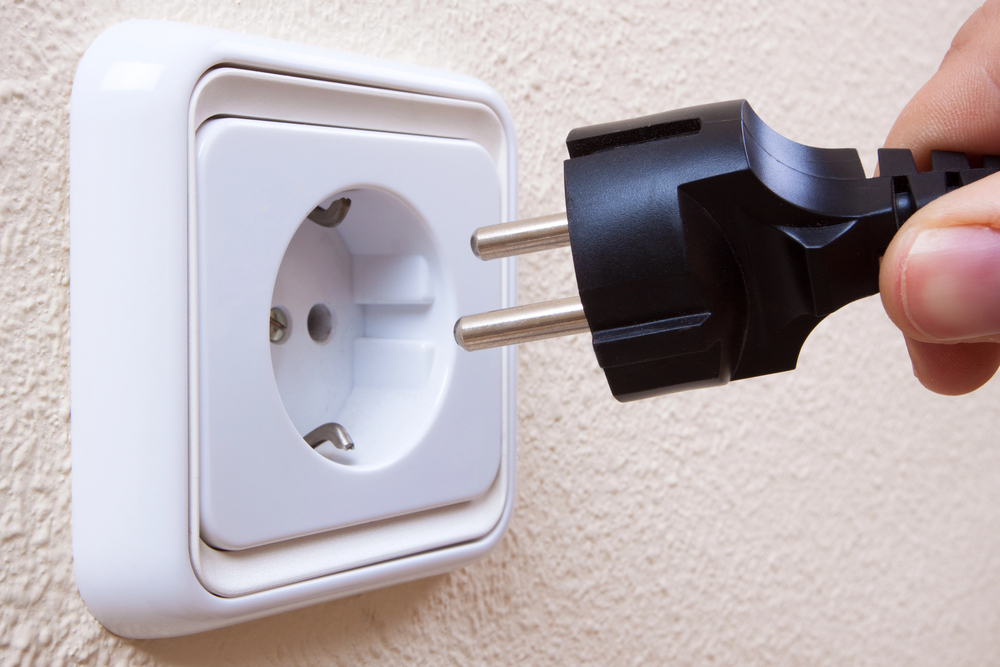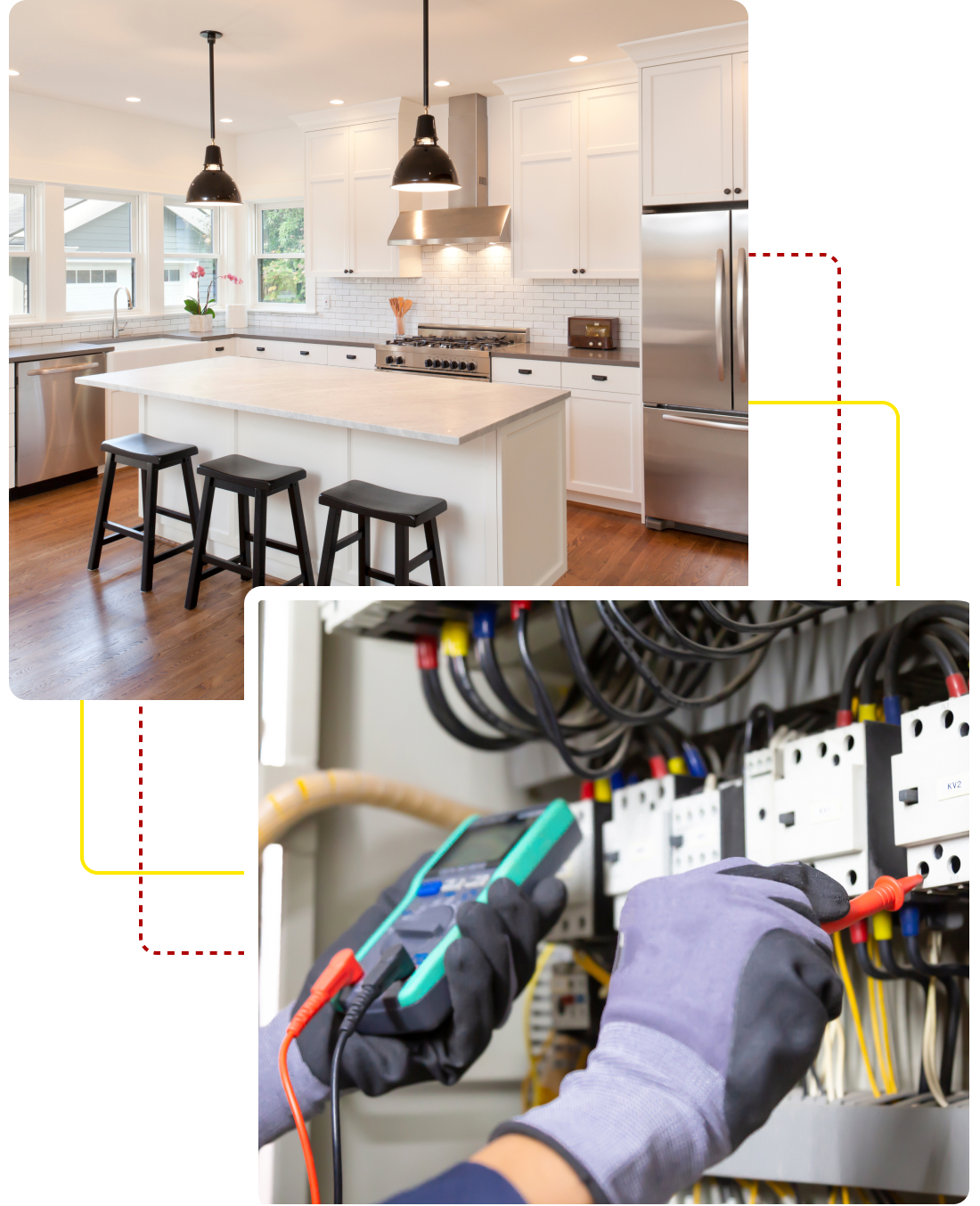Homeowners often wonder whether a handyperson can do electrical work or if a licensed electrician is always required. The answer depends on state law, safety codes, and the complexity of the work.
In Texas, like in many states, electrical licensing regulations are clear: Handypeople can perform basic cosmetic or minor replacement tasks, but work that involves wiring, panels, or new circuits is legally reserved for licensed electricians. At Aaron’s Electrical Service in Houston, TX, we help customers determine where simple swaps end and regulated work begins.

Electrical Work a Handyperson Can Legally Perform
You can bring in a handyperson for surface-level work that uses existing wiring and stays outside the panel. Think of parts you can remove by loosening a screw and reconnect by matching the same wires to the same points. A common example is a light fixture swap where the ceiling box and circuit already exist.
The handyperson sets the breaker to off, checks that the power reads at zero, supports the old fixture, moves the wire nuts, and mounts the new base. The same pattern fits a switch change, a standard receptacle with the same amperage and location, or a ceiling fan that reuses a rated fan box. Low-voltage tasks often fall in this group as well, like a doorbell chime or a smart thermostat that uses the same conductors and does not need a new circuit.
The work stays simple, the layout stays the same, and the handyperson avoids hidden runs inside walls. Drawing that line keeps risk low and keeps the job inside legal scope for many states.
When You Need a Licensed Electrician
Some jobs change how power moves through your home, and those jobs call for a licensed electrician. New circuits, panel upgrades, and anything that requires load calculations belong to this group. If you plan an EV charger, a whole-home surge protector, or a subpanel in a garage, you need someone who has passed tests on code and wiring methods. The same goes for remodeling work that requires opening walls, adding outlets to a kitchen, or moving lighting to new locations.
Bathrooms, kitchens, and outdoor spaces have specific requirements for GFCI and AFCI protection, box fill, conductor sizes, and bonding. A licensed electrician knows how to obey those rules and how to document the work for inspection.
Trouble calls also require electricians. Intermittent trips, heat at a breaker, lights that dim when a motor starts, or aluminum branch wiring all point to system issues. Those issues require testing tools, code knowledge, and repair methods that are beyond the handyperson’s scope. An electrician’s license protects you, your home, and your insurance.
Licensing and Permits in Texas
Texas places electrical licensing under the Texas Department of Licensing and Regulation. The state defines license tiers and the work each tier may perform. Cities and counties may add permit steps and inspections. That means you could see both state and local requirements on a project. A permit ties the work to a set of plans and a final inspection during which the inspector checks boxes, conductor sizes, grounding paths, and device ratings.
The process helps catch hazards before you close the wall or energize a new run. Handypeople cannot pull permits for regulated electrical work. Homeowners can read local rules to see if an owner-builder path exists for their home, though many still hire licensed electricians for design and execution.
When you plan a project, ask about the license level, permit needs, and inspection timing. A yes or no on those questions tells you which path fits the job, eliminates the stress of choosing a handyperson vs. an electrician, and keeps you aligned with Texas law.
Safety, Code, and Insurance
Electrical safety rests on small details that stack into a reliable system. A loose neutral creates heat. An undersized box crowds conductors and leads to damaged insulation. An unbonded metal box creates a shock risk. Code rules address those details with clear steps. Box fill tables limit how many conductors can land in a box. Grounding and bonding keep metal parts at a safe potential. GFCI and AFCI protection reduce shock and fire risk in spaces with water or sleeping areas.
Licensed electricians train on these rules and keep current with code cycles. The licensed electrician requirements reduce hazards and protect your claim position in the event of an issue. Many carriers deny claims tied to unlicensed electrical work. A future homebuyer may also ask for proof that the panel work or wiring changes passed inspection. Safe work today protects your home’s value later and keeps it ready for the next step in your plans.
Call Us for All Your Electrical Needs
Minor device swaps and fixture changes often suit a handyperson, while wiring changes, new circuits, and panel work require a licensed electrician. When you plan a project, think about scope, access, and code. For major electrical needs, you can also look at lighting upgrades, panel modernization, and safety inspections if your list includes regulated work.
Book a visit from a licensed electrician with Aaron’s Electrical Service today.





